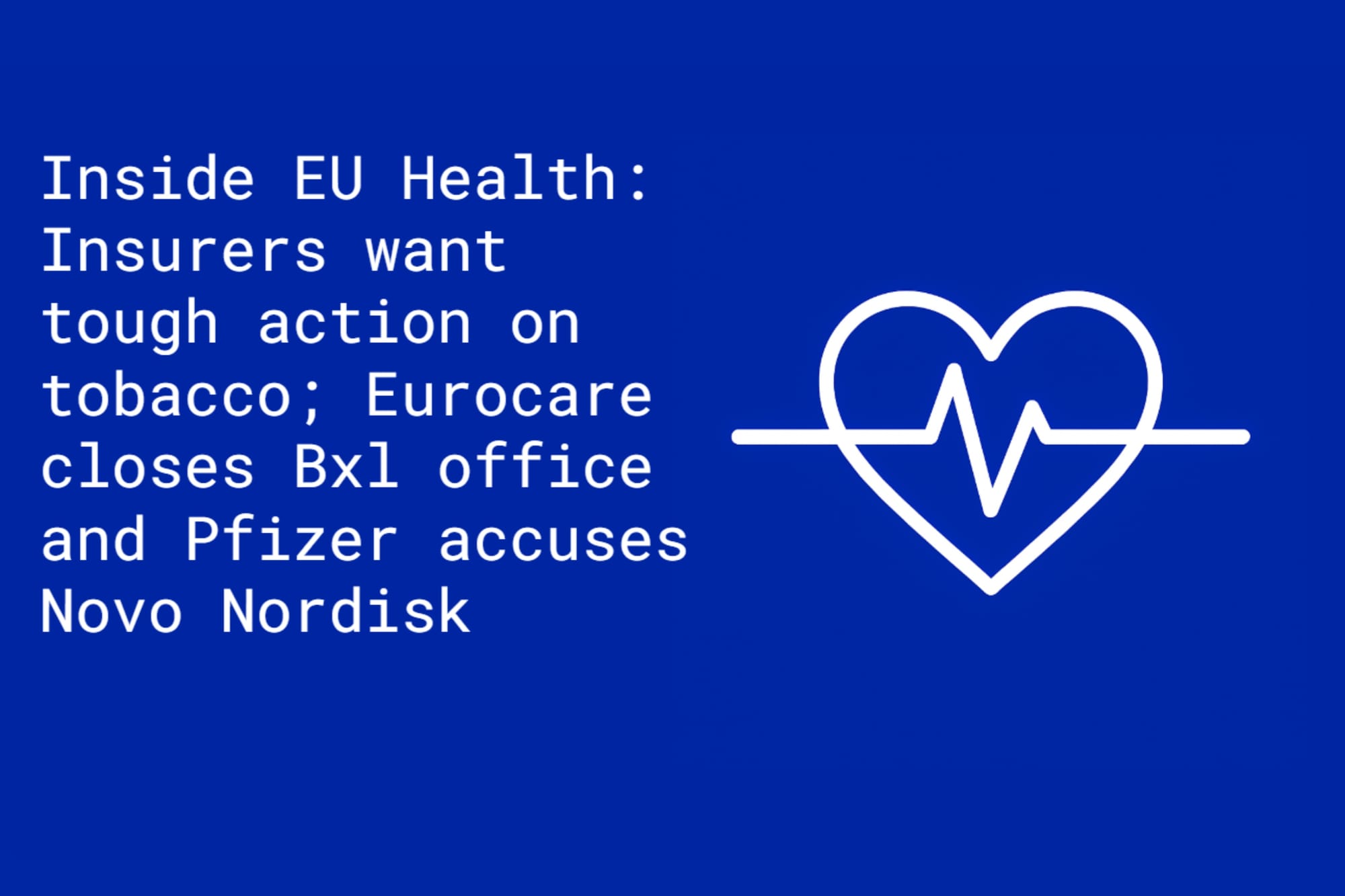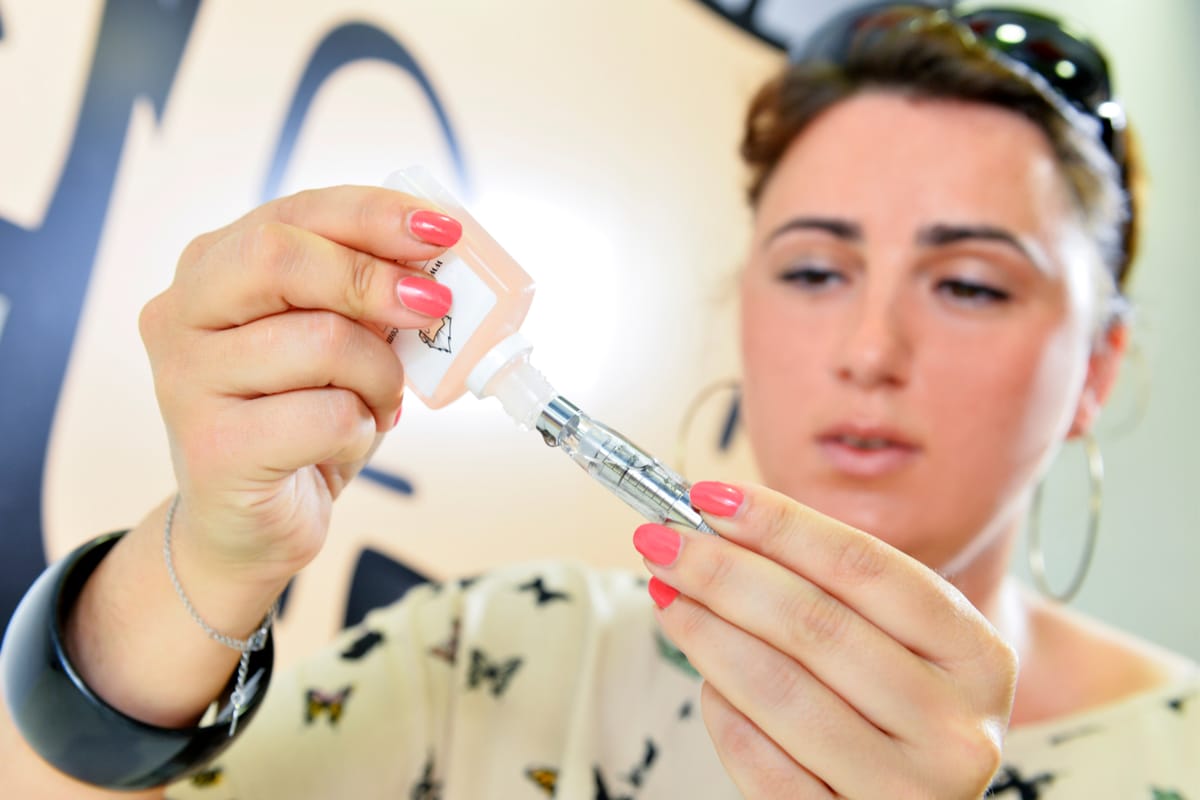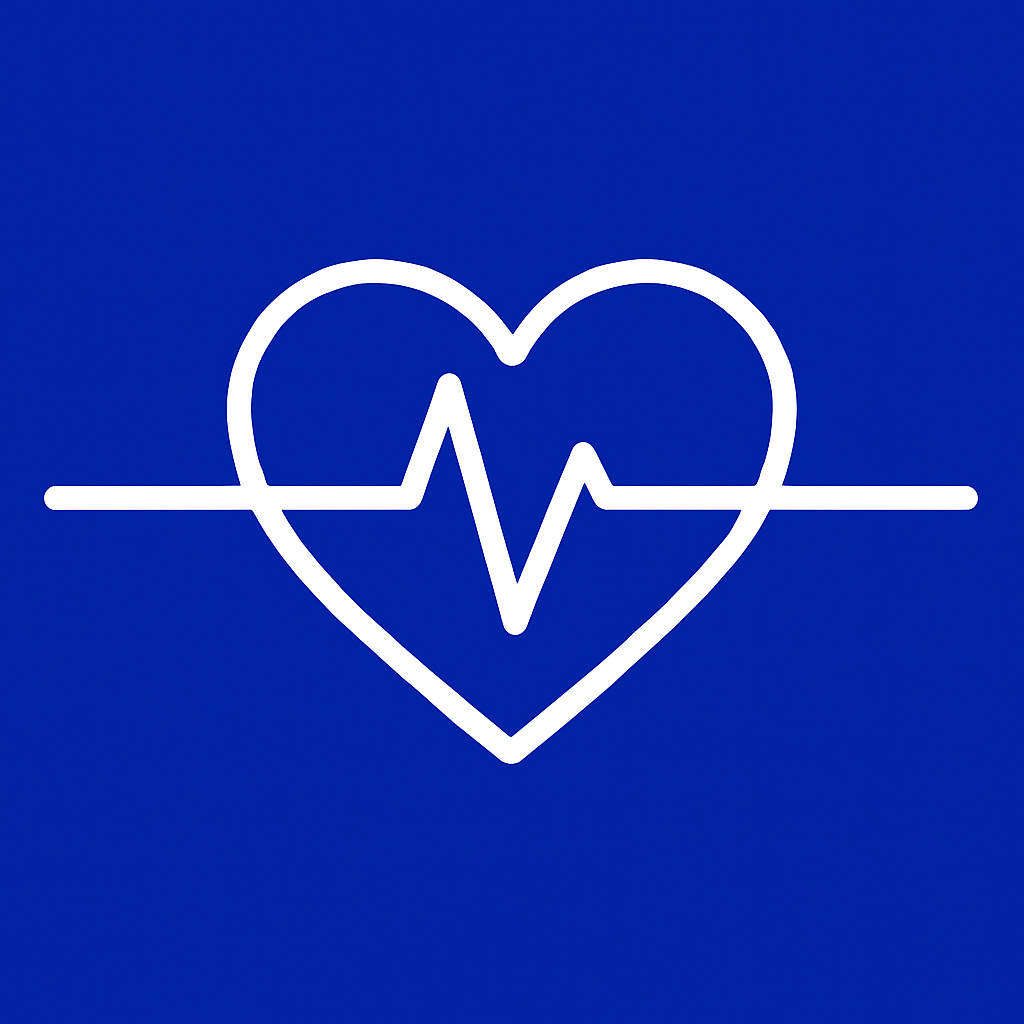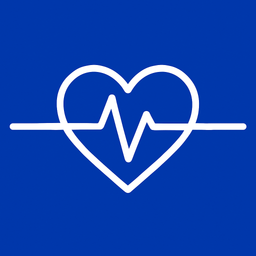Inside EU Health: Insurers want tough action on tobacco; Eurocare closes office and latest on Novo
Insurers want tough action on tobacco; Eurocare anti-alcohol NGO closes Brussels office and latest on Novo/Pfizer tussle

Insurers want tougher action on tobacco
Europe’s social and health insurers are urging the EU to strengthen its proposed Tobacco Taxation Directive (TTD) to better protect public health and youth.
“Our members witness daily the human and financial burden of tobacco-related disease,” said the European Social Insurance Platform (ESIP). “A coherent and ambitious Tobacco Taxation Directive is essential to protect health equity and prevent addiction.”
Representing 46 organisations, covering more than 370 million people, ESIP supports higher minimum tax rates and the inclusion of all nicotine products under the directive.
The group also backs EU-wide bans on advertising, flavourings, and branded packaging to reduce youth appeal.

Eurocare closes Brussels office
The European Alcohol Policy Alliance (Eurocare) has announced the closure of its Brussels office at the end of 2025, citing severe funding constraints caused by the slashing of the EU4Health budget. The organisation will continue to operate as a network.
Secretary General Florence Berteletti says the closure comes at a time when public health voices are needed more than ever: “Most people do not realise how much the European Union shapes national health policies; but the alcohol and other health-harming industries do, which is why 30,000 lobbyists walk the EU corridors every day defending the interests of their employers. Eurocare has been one of the few professional voices standing up for public health in that same space.”
Chair of the Board, Dr Peter Rice, says that while membership is at an all-time high, access to EU funding has significantly diminished. Rice calls for the EU and national governments to safeguard civil society’s role in shaping health policy: “Otherwise, regulation will be left to profit-driven industries, to the detriment of health and the economy.”
Pfizer fights Novo
Following Denmark’s Novo Nordisk’s unsolicited proposal to acquire biotechnology company Metsera, the US-based Pfizer has accused Novo of protecting its dominant market position in GLP-1s by “capturing and killing a nascent American competitor before it gains the support of Pfizer, one of America’s leading pharmaceutical companies.” Novo’s offer exceeded that of Pfizer by $1 billion.
Pfizer also alleges that Metsera’s controlling stockholders have conspired with Metsera and Novo Nordisk in “furtherance of these anticompetitive activities”.
The more aggressive approach follows a boardroom coup in Novo earlier in the month and signals a more aggressive approach from the Danes.
To add to Novo’s woes, the Journal of the American Medical Association (JAMA) has carried out an analysis of its use of pay-per-click (PPC) advertising to promote Ozempic (semaglutide). Between April 2022 and March 2024, the company spent an estimated $7.5 million on paid keywords, generating around 2.4 million visits to Ozempic’s website. The strategy appeared to target its main competitor, Eli Lilly, by bidding on keywords linked to rival drugs such as Trulicity and Mounjaro.
Direct advertising to consumers is permitted in the US, but it should be “truthful, balanced and accurate”. The fact that Ozempic isn’t approved by the FDA for weight loss, yet it has used this term in its PPC targeting, may raise questions.

